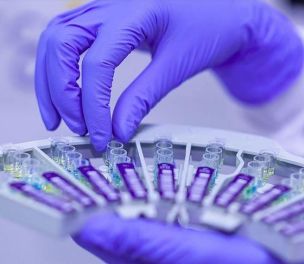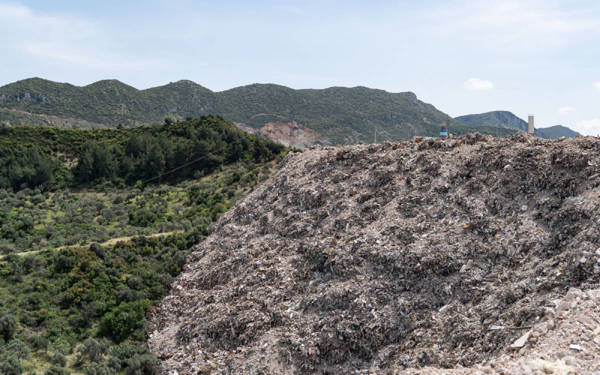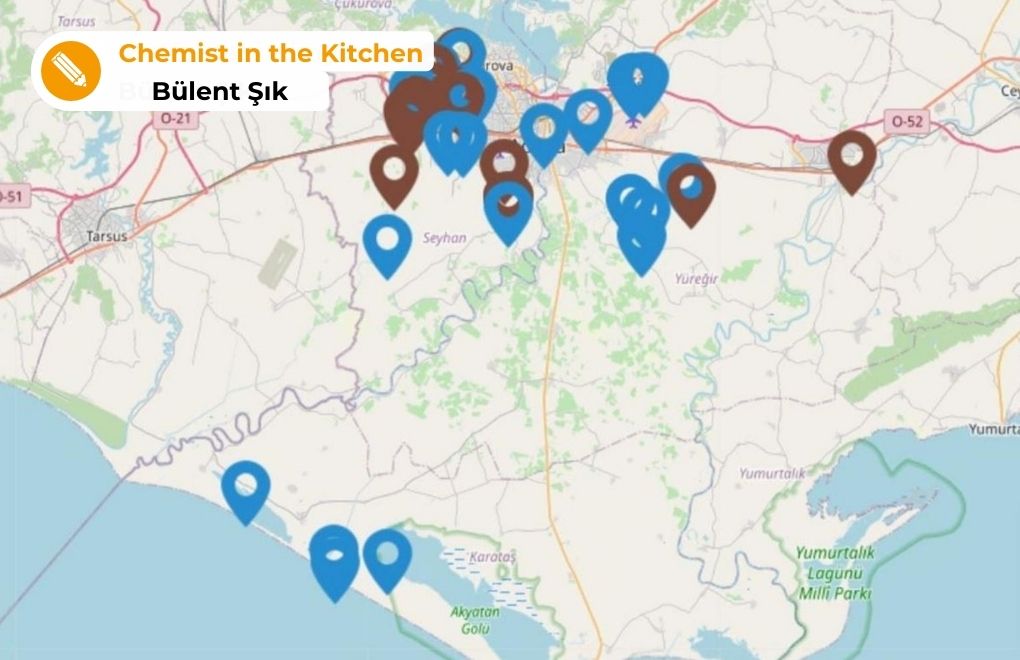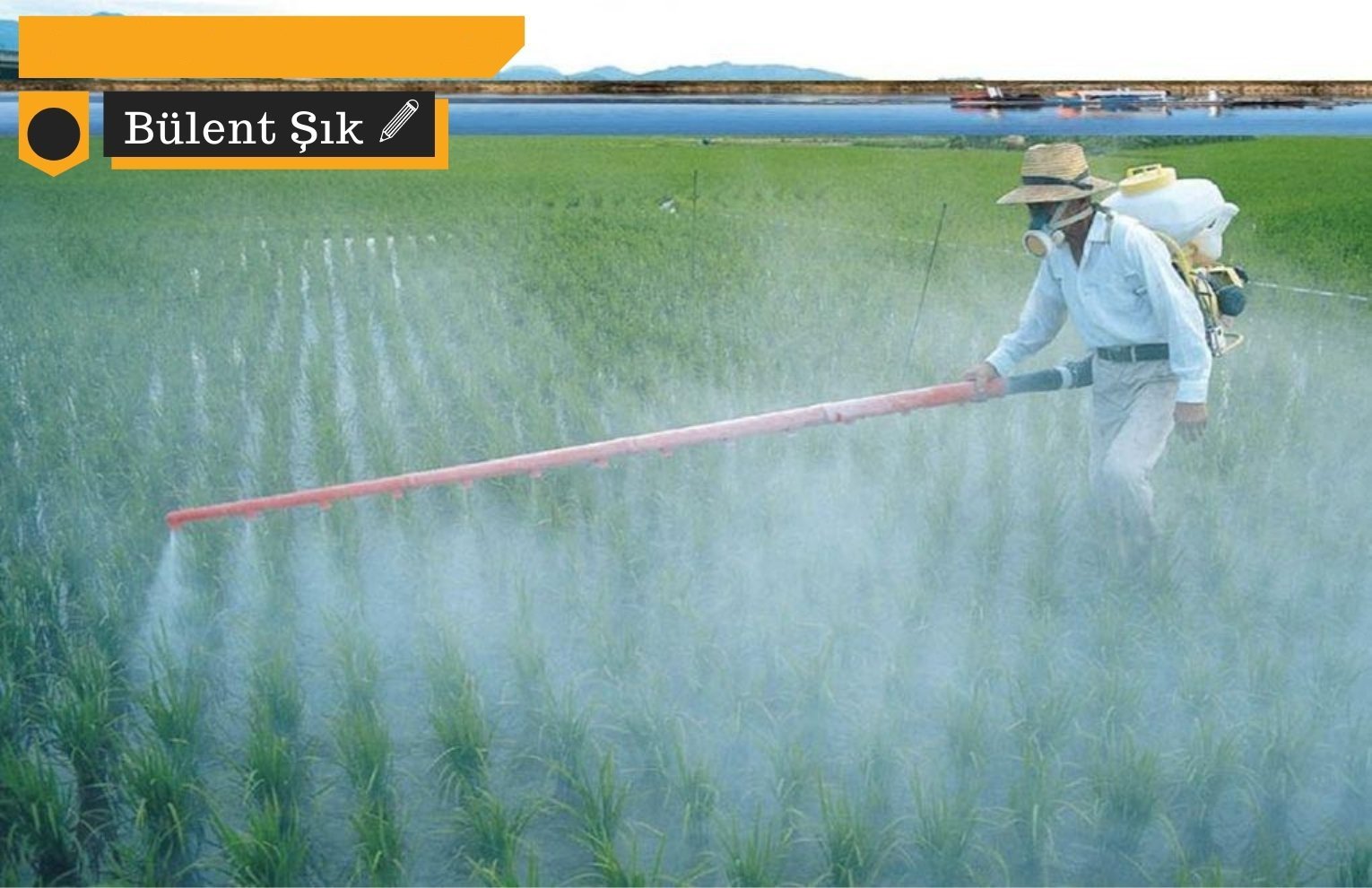Click to read the article in Turkish
The outbreak caused by coronavirus, or SARS-CoV-2 as it is scientifically termed, seems to continue for a little while. For now, it looks impossible to make a prediction about how long it will last.
According to the information shared by scientists specialized in epidemic diseases, in the event that a wide majority of the society (90-95%) develops immunity to the disease, the outbreak will end to a considerable extent.
In order for this wide-scale immunity to be developed, a major part of the society needs to contract the disease, thereby developing immunity to it, or they need to be immunized by a vaccine to be developed against it.
It is said that developing a vaccine can take one to two years.
In this case, it is of critical importance to slow down the course of the disease, that is, to keep the number of infected people under control, thereby ensuring that the treatment capacity of hospitals is not exceeded. However, at this very juncture, there is a critical point to consider.
New outbreaks need to be prevented
In this period when medical institutions have devoted almost their whole energy to struggle against the SARS-CoV-2 virus, precautions need to be taken against new outbreak incidents that will increase their workload or will cause their collapse. In this article, I will touch upon some precautions that need to be taken about water bodies in the context of food safety.
There are various public institutions in our country that are responsible for keeping water bodies safe in terms of health.
When it comes to ensuring physical, chemical and microbiological safety of drinking, or potable, waters and to preventing them from losing their drinkable, or potable, qualities, the Ministry of Health and local adiministrations have the primary responsibility among other.
Various control and monitoring activities on waters are being conducted at the public health laboratories within the body of provincial health directorates affiliated with the Ministry of Health.
During the course of coronavirus outbreak, keeping the waters microbiologically safe is of considerable importance.
There are several waterborne agents that could cause epidemic diseases contracted by viruses and bacteria.
While typhoid fever, paratyphoid fever, cholera and dysentery are some of the diseases caused by bacteria, the diseases caused by Hepatitis A and E viruses and Rotaviruses are some of the viral diseases.
Waterborne agents can cause epidemic diseases that can affect hundreds or thousands of people at the same time, which will further aggravate the crisis caused by the SARS-CoV-2 virus.
Potential emergencies, measures need to be reviewed
To make the water potable, there are various works undertaken along the line starting from the source (or sources) where the water is supplied and ends in faucets as well as several institutions and persons undertaking these works. However, given the coronavirus outbreak that we have found ourselves in, the works to ensure a safe and healthy water supply needs to be done more carefully and meticulously than ever before.
When major incidents such as disasters and epidemic diseases affect wide segments of society, it is more likely that various disruptions occur in performing the works necessary for the maintenance of social well-being.
These disruptions are mostly caused by human errors. The people working in safe water supply or production of foodstuff are members of the society and, like everyone else, they are also faced with the problems and unfavorable conditions caused by the disaster or outbreak.
Therefore, it is of considerable importance that the working conditions of the people doing this type of jobs are carefully reviewed, the ones on duty at critical points are enabled to do their jobs on a regular basis and, in the event of any job loss (such as an employee falling ill), substitute personnel who know the job and have experience are kept ready.
Public Health Laboratories affiliated with the Ministry of Health and the Water and Sewerage administrations affiliated with municipalities must conduct the microbiological analysis of waters at more frequent intervals than before, which is an absolute requirement to eliminate any potential threats that could be posed to public health.
In this article, I have cited examples only about water, but the importance of this issue is not limited to waters.
It also needs to be reviewed what potential crises have increased/ could increase the workload of medical institutions in terms of producing food, energy and the goods and services that have priority for the continuity of social life and offering transportation services for them.
Work plans for potential emergency situations also have to be reviewed and it needs to be discussed what measures must be taken. The actual mobilization must primarily be about these issues.
About Bülent ŞıkFood Engineer. In his PhD studies, he specialized in the development of environmentally friendly methods of analysis. He worked for several laboratories operating as part of the Ministry of Food, Agriculture and Livestock. In 2009, he started working as lecturer at the Akdeniz University and took active part in the establishment of its Food Security and Agricultural Research Center. From 2010 to 2015, he was the Technical Deputy Director at the same center. While he was working as a lecturer at the Department of Gastronomy and Culinary Arts, he was discharged as per the Statutory Decree no. 677 on November 22, 2016. |
(BŞ/DB/SD)











.jpg)
